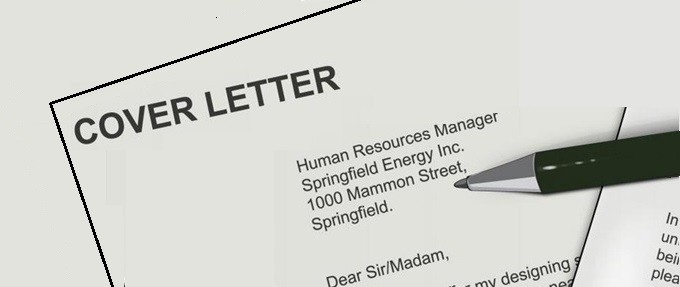Companies, espacially in the UAE, ask you to fill up a resume and submit it as part of the application process when you apply for an open job at their company. Some employers may also need you to submit a cover letter along with your CV, in which you explain why you are qualified for the job. While a cover letter may not be required for certain jobs, it is generally a good idea to include one with each application you send to a company. In this post, we'll go over what a cover letter is, why it's crucial to include one with your resume, and some other considerations you should bear in mind before submitting your application.
Cover Letter
When you submit a job application, you should include a cover letter that gives information about the job you're looking for, your credentials in connection to the role, and why you're interested in working for the organization. A well-written CL may help you stand out from the crowd and get the job you're applying for.
Importance of cover letter
Cover letters are valued differently by different employers based on the job you are applying for; nonetheless, they are still a crucial tool for you to utilize that may help you stand out from the crowd.
Your Introduction
Before you get the opportunity to interview with the hiring manager, you should write a cover letter in which you expound on your experience and qualifications. While you get the opportunity to demonstrate your credentials for the position and explain why you would be a good match, an employer has a better understanding of your present circumstances. Perhaps you've just left a prior job and are attempting to start over on your own, or perhaps you're an entry-level employee hoping to obtain some valuable professional work experience.
If you use it correctly, a cover letter provides you with the chance to create your own brand and illustrate what sort of fundamental values you can contribute to the organization.
Initial networking with the target company
Developing connections is critical to landing a job that is in line with your professional objectives. The same goes for the cover letter. The primary difference between submitting a resume and a cover letter is that a resume contains just the facts about what you've done, but a cover letter allows you to demonstrate your personality to an interviewer.
It is strongly advised that you demonstrate which successes in your professional career meant the most to you and why they meant so much to you. Through your explanation of your successes, you are drawing attention to what gives you purpose in the job and why.
Maybe you've found yourself in a condition where you've used networking to your advantage in order to get employment. Perhaps you were a participant in an informative interview or knew someone who works there, or perhaps you heard about the opportunity at a professional networking event. However, a cover letter should describe how you met their recommendation and how your chat with them motivated you to submit an application for the position.
